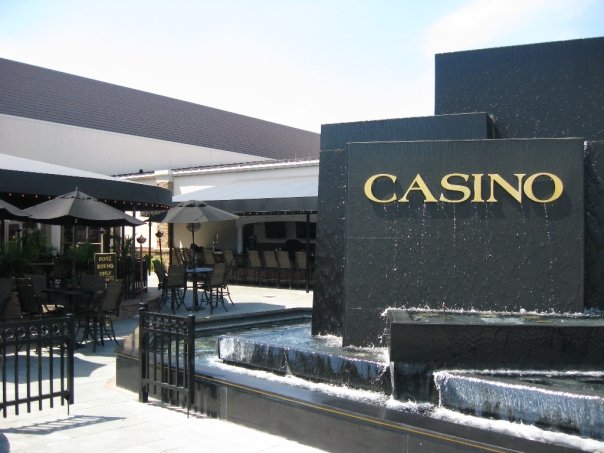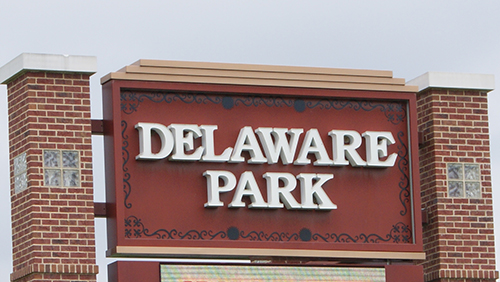Delaware Casinos look to the State for aid in their flailing battle against the rise of the Marylanders, but the State aint looking.
Ed Sutor, Chairman of the Video Lottery Advisory Council, and CEO of Dover Downs Hotel and Casino, is leading the call for help as profits sink in the three Delaware casinos: Dover Downs, Harrington Raceway and Delaware Park. His words are directed at the ears of Gov. Jack Markell, but so far they are just hitting the side of his face and falling flat on the floor.

Sutor believes that immediate action needs to be taken if Delaware is to protect its gambling business from the might of neighboring Maryland. The weight of heavy taxation, and the loss of business from the Marylanders who are choosing to stay at home to play at top-grade facilities such as Maryland Live, is reaching crisis point.
Delaware’s slot revenue – it’s cash cow – has fallen more than 31% since 2007, and has fallen 21% in the first three months of 2013 when compared to last year. Industry experts predict that the states gambling revenues will continue to fall a total of 12% before leveling off in the back end of 2013. In contrast, February saw Maryland Live pull $38 million out of its 4,750 slot machines, about $6 million more than the three Delaware casinos combined.
Secretary of Finance, Tom Cook, answered the call from the Video Lottery Advisory Council to meet to discuss leveling the tax distribution that currently sees 43.5% of slot machine revenue and 29.4% of table game revenue heading into the deep pockets of the state. Cook replied by saying he would not commit to any changes and instead urged the casinos to use their limited resources to offer better services than their regional competitors.
Cook also drew attention to the legislation introduced in 2012 that gave casinos a break on their state licensing fees. Legislation that was partnered with an agreement to spend capital expenditure to improve current facilities, and also gave Delaware the opportunity to launch online gambling via the websites of the existing casino businesses – an opportunity that some states look on with green envy.
A vicious circle has emerged whereby the Delaware casinos are cutting costs that include employment and capital expenditure. They are losing the very best staff (probably to nearby Maryland), the establishments are being run down and soon their regular customers may jump in their car and head across state lines. It seems wherever you look; an explosion of growth surrounds Delaware with neighboring Pennsylvania also playing in its part.
But not all Marylanders are happy that they have their own 24-hr casino in Maryland Live. There are many dissenting voices, particularly those that live nearest to the Arundel Mills money machine, citing over crowded roads and depreciation of house prices, brought on by the introduction of the 24-hr party at the Mill.
“50% of our business comes from Maryland, and 45% of our business lives within 50-miles of Arundel Mills,” Sutor said at the Video Lottery Advisory Council meeting.
What comes around goes around, as the money that is now so keen to stay in Maryland once seeped into the pockets of the Delaware casinos, albeit in the opposite direction from which it now finds the path of least resistance.






